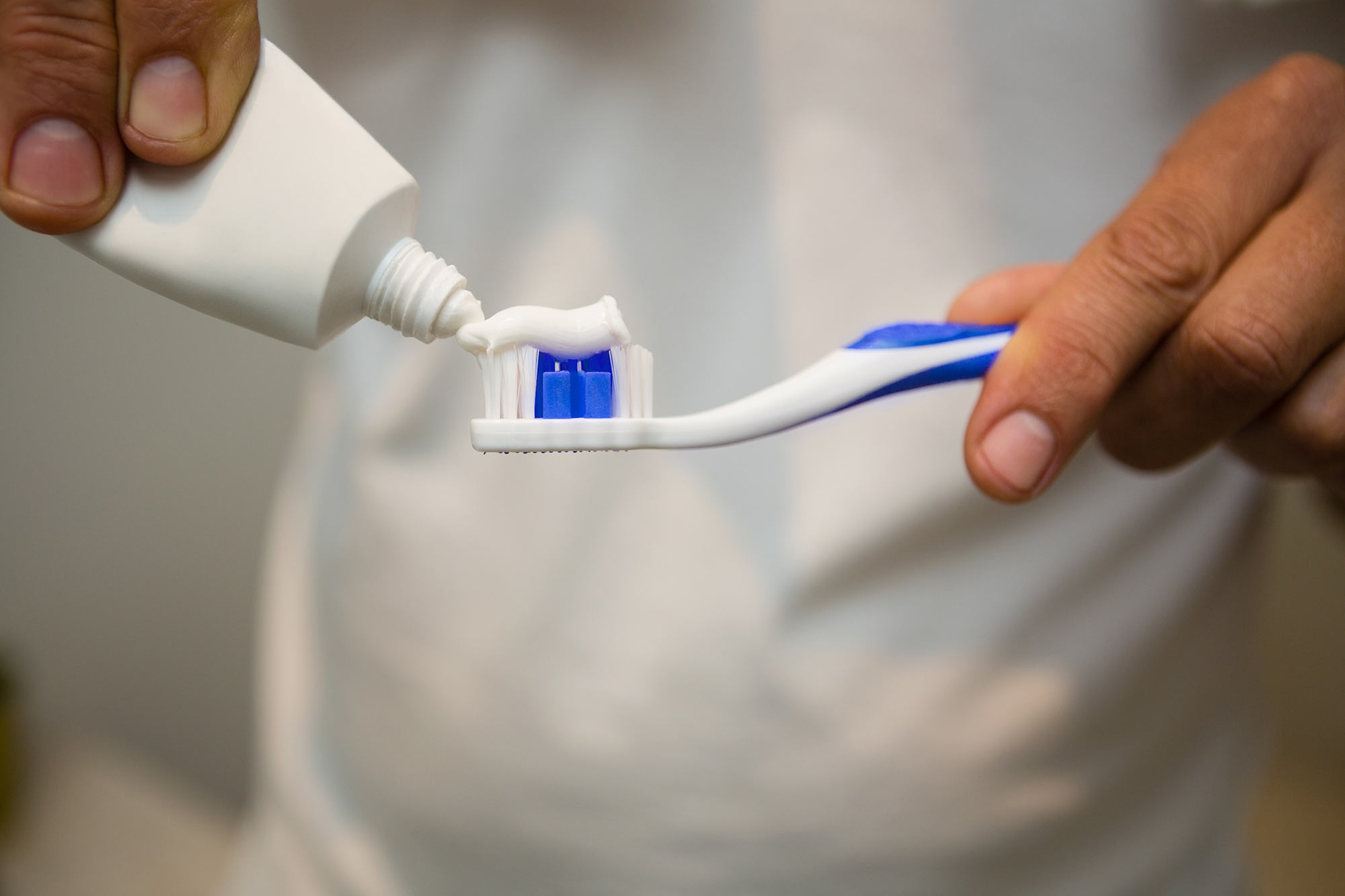 A dentist is encouraging dental professionals to raise awareness of oral health messages in an effort to slow down the spread of COVID-19.
A dentist is encouraging dental professionals to raise awareness of oral health messages in an effort to slow down the spread of COVID-19.
Professor Martin Addy says that the use of toothpaste could play a significant role in preventing coronavirus infections – and is urging fellow industry colleagues to inform their patients.
He also believes it should be a key consideration for healthcare workers who require PPE.
Professor Addy, who is an emeritus professor at the University of Bristol, said: ‘The possibility even probability that tooth brushing with toothpaste could play a significant beneficial role in the spread of and infection by coronavirus is based on three fundamental points.
‘Firstly, hand washing with soap and or hand washing gels to limit the direct or indirect spread of infectious diseases. This includes COVID-19 and is based on sound scientific principles.
‘Secondly, like many respiratory diseases, the infective microorganisms, including coronavirus, are spread in salivary droplets expelled from the mouth. This can be via coughing, sneezing or even talking.
‘Thirdly, toothpastes, almost from their conception contain detergents, notably sodium lauryl sulphate. These are found in many antimicrobial hand washes recommended against coronavirus.’
In addition, he says the antimicrobial action of toothpaste in the mouth persists for a few hours. As a result, if the dental profession’s recommendation of brushing twice a day for two minutes is adhered to, the viral load in saliva will be reduced.
Frontline workers
He believes dental professionals have a crucial part to play in spreading these messages.
‘The dental profession therefore has a key role in in the control of COVID-19 at this time. They should be reaffirming twice daily oral hygiene practices via patient contact in practices, clinics and hospitals,’ he said.
‘The profession can also play an additional role by extolling simple oral hygiene messages, some already known. For example, after brushing, spit out residue and do not rinse.
‘With much of the population in lockdown, one of the brushings should be before leaving home for shopping, exercise etc. This is to increase their exposure of the mouth to toothpaste.
‘An additional dose of paste on a finger rubbed over the teeth and mucosa should be considered. Nurses, dentists and medics should brush their teeth before donning PPE.’
He added: ‘Finally, for those dental practitioners seeing urgent or emergency patients or working in urgent care centres, the advice should be that they themselves follow good oral hygiene practices. This could be regular brushing with toothpaste whilst in the surgery – and perhaps brushing more frequently.
‘When possible, patients about to attend a clinic or practice should be asked to brush immediately before attending. If this is not possible, toothpaste could be made available in the waiting room for application on the patient’s finger immediately before being seen.’


